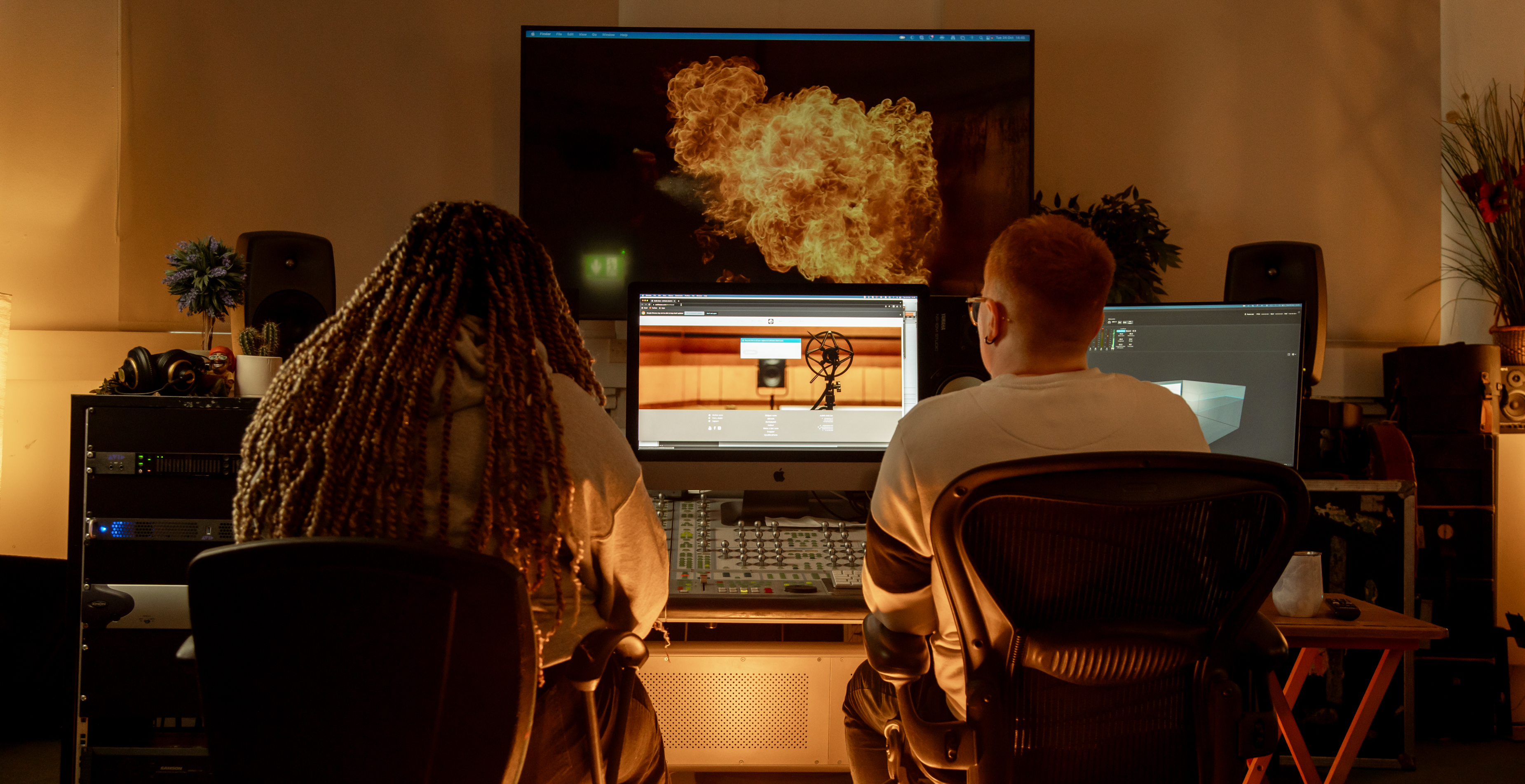Course Summary
This course provides cultural producers with tools to implement climate change solutions across different scales of exhibition-making activity. The programme is aimed at artists, curators and cultural workers wanting to affect and implement climate solutions within their practices, studios and exhibition infrastructures.
The course will include practical training, critical reflection and actionable steps with input from organisations and guests who are the leading figures in the field.
Students will undertake carbon literacy training, discuss digital sustainability and what strategic power artists have politically. They will map out ecological selfhood and workshop building an Irish Art World Toolkit.
Speakers will include:
- Arts Council (Climate Action Policy Document + recent work with Julie’s bicycle)
- environmental sustainability consultants from Villa Villa
- curators and heads of ecologies at leading IR, NI and UK galleries
- leading artists already working in this area.
College Link
Career Sectors
This course prepares you for working in the Career Sectors below. Follow the links to get a fuller understanding of the sectors you are preparing for.
Entry Requirements
Educational Standard
All applicants are expected to present an approved Bachelor degree at minimum level of 2nd class honours (2.2)
Recognition of Prior Learning (RPL) – Applicants who do not meet the minimum academic entry requirements for admission may be considered on the basis of a recognition of previous learning whether based on prior relevant experience or other relevant credited or non credited or learning (RPL). In such cases each applicant will be considered on a case-by-case basis based on a review of the applicant’s CV and other supporting documentation.
Please contact [email protected] for further information.
Qualifying Examination – In certain cases the academic team may choose to set a qualifying assignment in order to assess an applicant’s suitability for admission.
You may apply for the programme if you are currently completing your Undergraduate Degree. NCAD will review the rest of your application If necessary, we can make you a Conditional Offer. When your degree is completed and you send us final transcripts we will upgrade this to a Full Offer.
A Statement of Interest – 500 words framing your reasons for applying to the programme. Please indicate a subject/discipline area that you believe can best advance your practice.
A recent CV
Certified transcripts of previous programmes followed
Certified copies of degree/ certificates and/or other appropriate third level qualifications bearing the official stamp of the institution.
Application Details
There is a fee of €600 for this programme. Full payment is required upfront at registration however once it is determined that the student qualifies for HCI, NCAD will then issue a refund for the amount covered by the funding.
Students eligible for the Human Capital Initiative HCI Pillar 3 Micro-Credentials Subsidy are paying only €120 (see more below).
CFA Scholarship:
A CFA scholarship encourages the participation of learners from sections of society that are significantly under-represented in higher education by offering one free place on all of our CFA short courses.
Find out if you are eligible to apply HERE
Fill in the CFA@NCAD scholarship application form HERE
Programme Contact
Seoidin O’Sullivan [email protected]
Admissions Contact
[email protected]
01 636 4200
Application Date:
19/03/2025
The Student
Career Interests
This course is typically suited for people with the following Career Interests. If these interests do not describe you, this course may prepare you for work you may not find satisfying.
Creative
Creative people are drawn to careers and activities that enable them to take responsibility for the design, layout or sensory impact of something (visual, auditory etc). They may be atrracted to the traditional artistic pursuits such as painting, sculpture, singing, or music. Or they may show more interest in design activities, such as architecture, animation, or craft areas, such as pottery and ceramics.
Creative people use their personal understanding of people and the world they live in to guide their work. Creative people like to work in unstructured workplaces, enjoy taking risks and prefer a minimum of routine.
Realist
Realists are usually interested in 'things' - such as buildings, mechanics, equipment, tools, electronics etc. Their primary focus is dealing with these - as in building, fixing, operating or designing them. Involvement in these areas leads to high manual skills, or a fine aptitude for practical design - as found in the various forms of engineering.
Realists like to find practical solutions to problems using tools, technology and skilled work. Realists usually prefer to be active in their work environment, often do most of their work alone, and enjoy taking decisive action with a minimum amount of discussion and paperwork.
Career Progression
The programme is aimed at artists, curators and cultural workers wanting to affect and implement climate solutions within their practices, studios and exhibition infrastructures. Cultural producers have a key role to play in leading the necessary transformations on climate action.
On successful completion of this module students will have an astute understanding of how artists and curators are working to address and create sustainable solutions within their creative practices.





